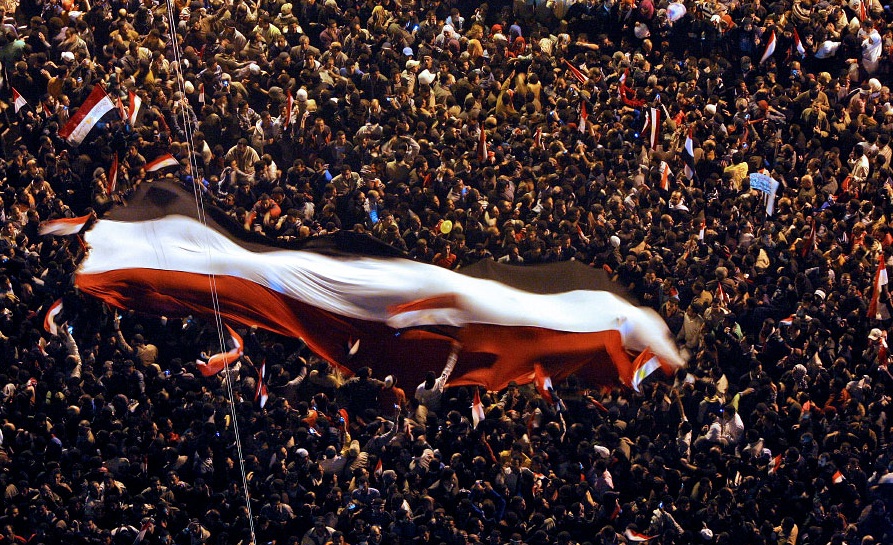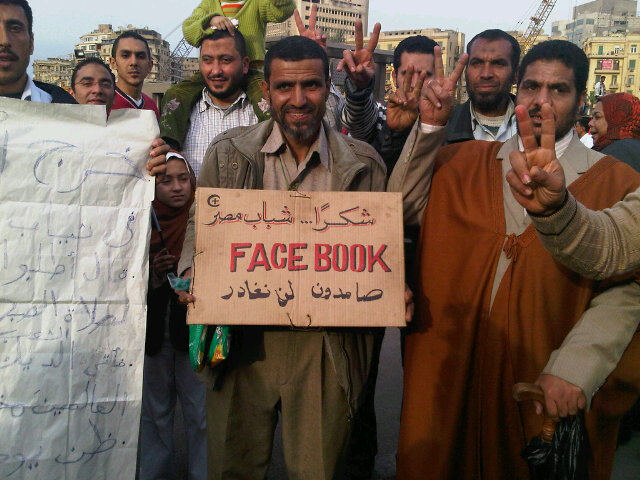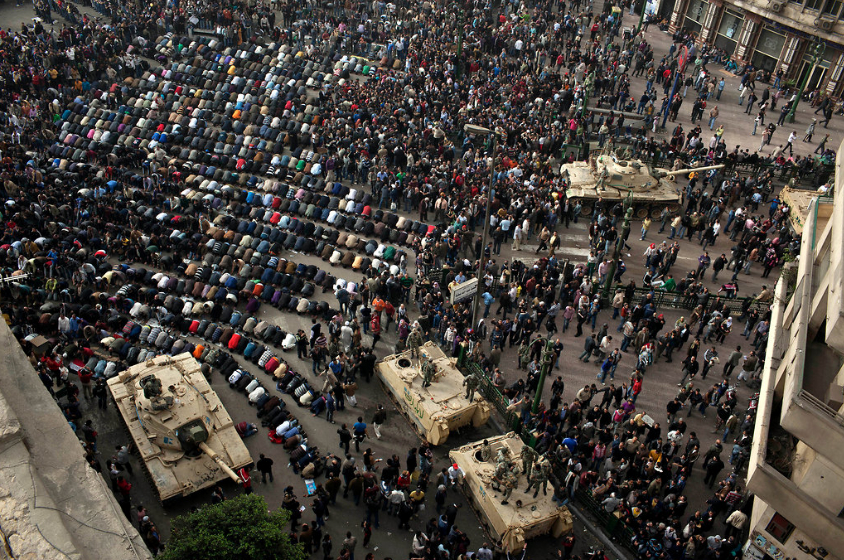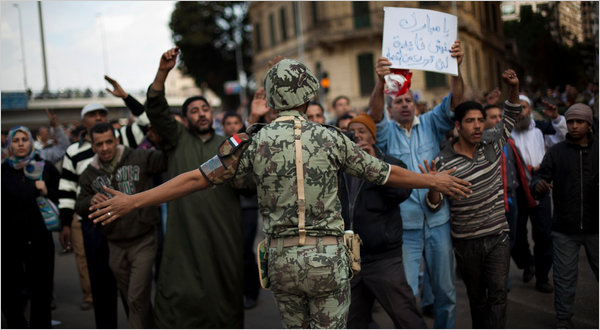I'm taking a course right now called "Foundations for Community Engagement" and though we're only two weeks into the semester, I've already fallen in love with the class. The basic theme that we've been uncovering is (you guessed it!) the ever popular conception of community . I (we) hear it all the time, whether it's on the civic level, national level, or global level. Heck, there's now even a burgeoning profession dedicated to building and growing online communities. Community is everywhere. It's a term that has become so naturalized within our daily discourse, seemingly universal in its application and understanding and yet, once thoroughly deconstructed, proves to be a conception that is highly contested in its meaning. There are community conceptions based on shared identity, interest, location, and/or experience. It's a terribly elusive idea and as I read through various theories and texts on the subject, I can't help but develop and reflect on my own interpretation of community.
 My educational and professional experiences have fundamentally shaped my thinking of community as one that aligns most fittingly with that of Benedict Anderson's Imagined Communities. Whereas his work focuses on the nation state as an imagined community, my time working with and studying international NGOs has led me to look and think beyond national boundaries and see community as a global phenomenon. In my mind, the global village that Marshall McLuhan first conceived of really does exist, as the dual forces of globalization and technology has shrunk the world to such a point where every individual is at reach. Technology and its affordances, of course, play a crucial role in facilitating this imagined community. As someone who works at the intersection of international development and social media, I often interact and connect with individuals whom I have never met and may never meet. Yet, there is that common bond that runs through us all as globally aware and socially conscious citizens.
My educational and professional experiences have fundamentally shaped my thinking of community as one that aligns most fittingly with that of Benedict Anderson's Imagined Communities. Whereas his work focuses on the nation state as an imagined community, my time working with and studying international NGOs has led me to look and think beyond national boundaries and see community as a global phenomenon. In my mind, the global village that Marshall McLuhan first conceived of really does exist, as the dual forces of globalization and technology has shrunk the world to such a point where every individual is at reach. Technology and its affordances, of course, play a crucial role in facilitating this imagined community. As someone who works at the intersection of international development and social media, I often interact and connect with individuals whom I have never met and may never meet. Yet, there is that common bond that runs through us all as globally aware and socially conscious citizens.
But alas, grasping community as imagined, as with all other understandings of the term, comes with both its advantages and disadvantages. This notion of a global village connotes a community of openness and inclusiveness, one that emphasizes humanity s similarities as opposed to geographic, ethnic, class, and religious fault lines that dominates other conceptions of community. Problems that were once viewed in the lens of national and/or geographical boundaries become problems that affect the entire world. In turn, everyone in this global village becomes a part of the solution and conceiving community in this way is powerful and empowering, resulting in a collective effervescence that transcends any sporting event, religious ceremony, or national celebration.
But maybe I'm being overly optimistic and maybe I'm wrong. Maybe this very global scope will turn individuals away, as the proposed imagined community may simply be too large for any one person to ever imagine. Maybe trying to connect with someone who lives across an ocean, under a different political system, with different skin and dress, and with different religious beliefs may just be too much. Thinking of community in a global sense may not elicit the same intense emotions or mobilize people in the same way that a community of, for instance, neighbours can, where people at least pass each other every day.
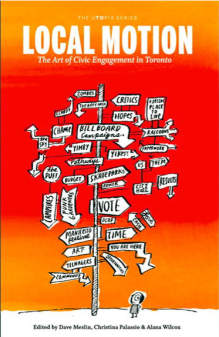 One of the primary texts we're currently reading in this class is Dave Meslin's Local Motion: The Art of Civic Engagement in Toronto. This municipal and local level thinking of community was a shocking shift in focus for me. I've been so caught up in thinking on an international level and addressing global issues, that I have forgotten the importance and saliency of local civic engagement. Reading chapters from Local Motion has been a refreshing look into the many communities within Toronto. It's been a powerful reminder of the importance of people taking part in seemingly small acts but with profound effects. Reading this has also brought to the forefront the debate over community in terms of proximity and purpose, moving me to rethink my vision of community. It may seem that looking at community at the local level is at odds with what I said earlier about my global vision of a community. But I don't think so. In my mind it's but one dimension of this multiplex conception. One of my favourite quotes from another book, Contesting Community, really captures my thoughts on the whole local vs. global thinking:
One of the primary texts we're currently reading in this class is Dave Meslin's Local Motion: The Art of Civic Engagement in Toronto. This municipal and local level thinking of community was a shocking shift in focus for me. I've been so caught up in thinking on an international level and addressing global issues, that I have forgotten the importance and saliency of local civic engagement. Reading chapters from Local Motion has been a refreshing look into the many communities within Toronto. It's been a powerful reminder of the importance of people taking part in seemingly small acts but with profound effects. Reading this has also brought to the forefront the debate over community in terms of proximity and purpose, moving me to rethink my vision of community. It may seem that looking at community at the local level is at odds with what I said earlier about my global vision of a community. But I don't think so. In my mind it's but one dimension of this multiplex conception. One of my favourite quotes from another book, Contesting Community, really captures my thoughts on the whole local vs. global thinking:
"Without a conscious wider vision, community organizations will remain focused on the local. The challenge is to build an agenda that transcends local work and to find ways to connect with broader organizations, and build alliances to work for fundamental social change."
It's here that the increasingly popular phrase "think globally, act locally" really rings true.
Anyway, that's my piece. What does community mean for you? Where is your community? And who is your community? It's intellectually stimulating and rewarding to take an idea or conception that's been so taken for granted and really take it apart and deconstruct its meaning(s). You'll find things you never knew were there, or had forgotten were there. Let's not forget to do this every now and again...

